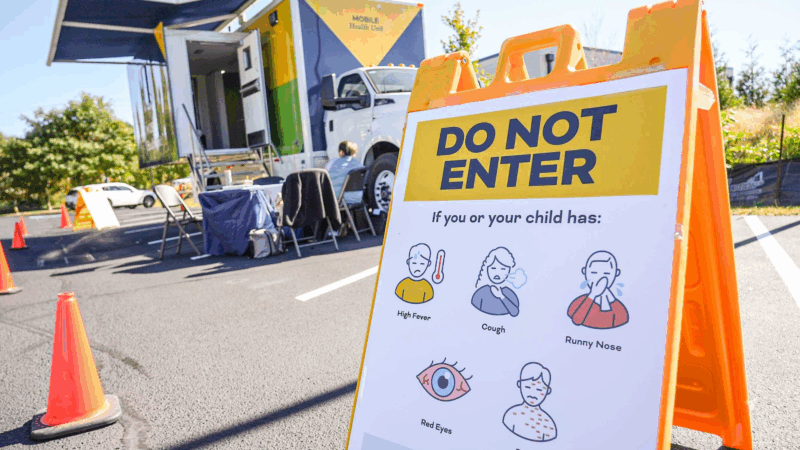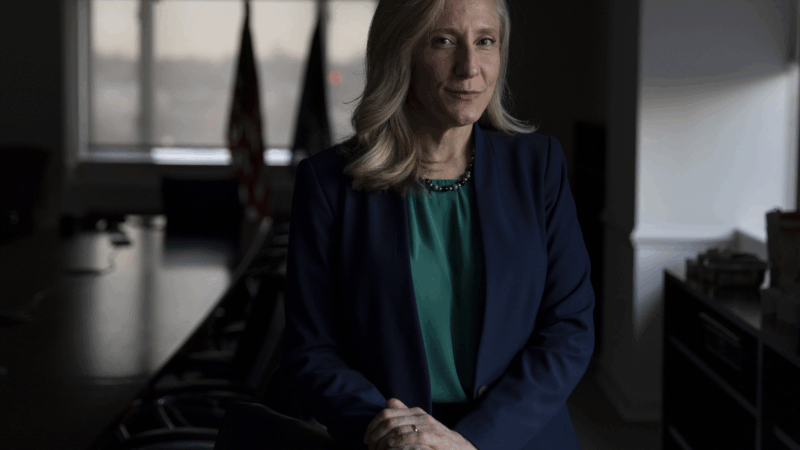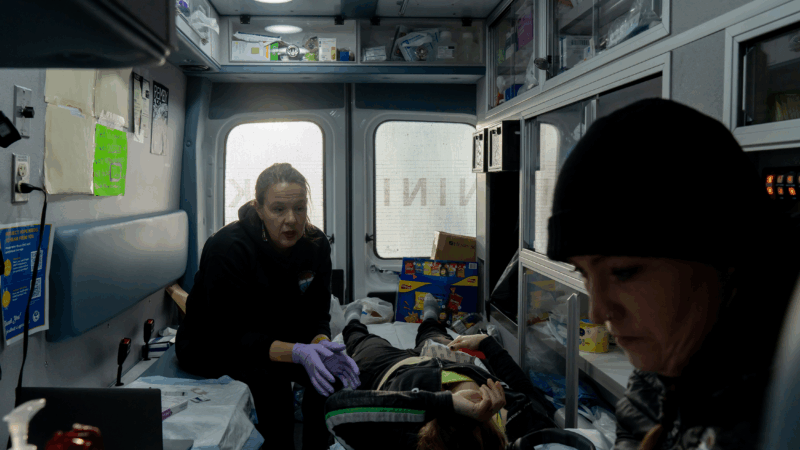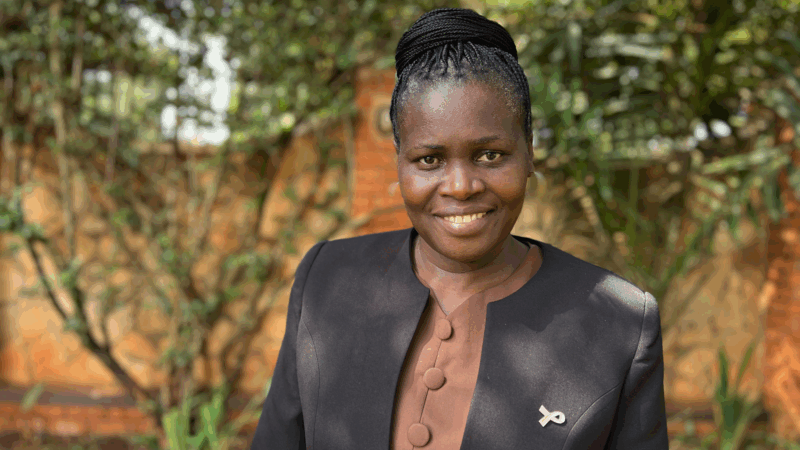What Stands in a Storm
Monday marks the fourth anniversary of a massive tornado outbreak where 62 tornados raked across Alabama in a single day. More than 250 people died from those storms on April 27, 2011. Writer Kim Cross chronicles that time through several personal stories in her book What Stands in a Storm. It grew out of an article she wrote for Southern Living magazine. She spoke with WBHM’s Andrew Yeager.
An extended interview:
Interview Highlights
Developing the book:
I really started by looking at children’s books about meteorology to understand the basics of tornados. And then from there I graduated to textbooks and a lot of interviews with meteorologists. I wanted to wrap my head around the magnitude of the storm…That one day was part of a three day outbreak that affected 21 states from Texas to Canada. It was just massive.
I wanted to understand the event and then I wanted to tell it through the people who lived it. I really wanted it to be literary nonfiction where it reads like a novel but it’s all based on reported fact.
How technology helped her reporting:
The families of several victims friended me from from their victims’ Facebook page and they also shared with me text conversations recovered from their phones. And between these two things I felt like I was able to really get verbatim dialogue that was timestamped and that reflected what they were thinking at a very specific moment in time. So whenever I say that someone is thinking something or express their inner thoughts like a novelist would, that comes from either a social media post or a text or something that they said they were thinking to a primary source that was able to recount it to me.
Reaction from victims’ families:
One of the things that I did to fact check this that I don’t think a lot of journalists do is I sat down with each of the families and had a private reading where I read aloud every chapter in which their loved one appeared…I wanted to make sure the first time they experienced it was with me and not alone in a room and we cried together. We cried the ugly cry. And it was really good for both of us. And it was closure I think in this big long really difficult process.
Gulf South food banks look back on a challenging year as another shutdown looms
Federal funding cuts and a 43-day government shutdown made 2025 a chaotic year for Gulf South food banks. For many, the challenges provide a road map for 2026.
Measles is spreading fast in S.C. Here’s what it says about vaccine exemptions
More than 550 people have contracted measles in Spartanburg County, S.C., in a fast-growing outbreak. Like a majority of U.S. counties, nonmedical exemptions to school vaccination are also rising.
It took 75 governors to elect a woman. Spanberger will soon be at Virginia’s helm
Abigail Spanberger, a former CIA officer and three-term congresswoman, is breaking long-held traditions on inauguration day. She says she wants her swearing-in to showcase the state's modern vibrancy.
For those with addiction, going into and coming out of prison can be a minefield.
Many jails and prisons around the country don't provide medication treatment for opioid use disorder. Studies show that medication makes recovery more likely and reduces the risk of overdose death.
Trump struck deals with 16 drug companies. But they’re still raising prices this year
All 16 drug companies that inked deals with the Trump administration over the past few months still raised some of their prices for 2026.
This hospice has a bold new mission: saving lives
A hospice in Uganda asked itself: Can we do more than ease the pain of dying? Can we actually prevent deaths from cervical and breast cancer?








